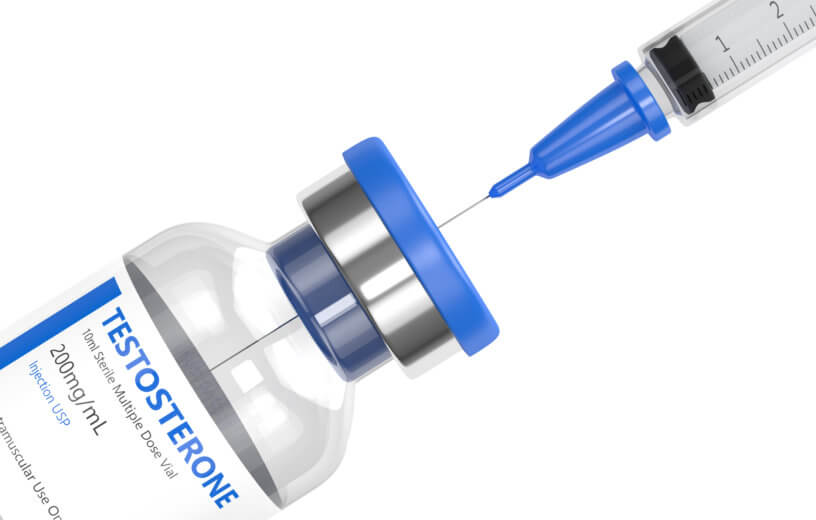AUSTIN, Texas — The role that hormones play in decision making has been debated for years and years. Many believe that testosterone, the main sex hormone found in males, causes aggression, and cold immoral decisions. Interestingly, a new study out of Texas finds that testosterone may have a more complicated relationship with morals than previously thought.
Researchers from The University of Texas at Austin say that testosterone supplements actually made people more inclined to make more traditionally moral decisions, a finding that is largely in contrast to all previous studies involving testosterone and ethics.
“There’s been an increasing interest in how hormones influence moral judgments in a fundamental way by regulating brain activity,” explains Bertram Gawronski, a psychology professor at UT Austin, in a statement. “To the extent that moral reasoning is at least partly rooted in deep-seated biological factors, some moral conflicts might be difficult to resolve with arguments.”
A total of 200 participants took part in the study, with 100 receiving testosterone supplements and the other 100 receiving a placebo. After the supplement phase of the experiment, researchers presented participants with a series of moral questions.
For their research, the study’s authors utilized a classic moral conundrum: the trolley problem.
An out of control trolley is going to hit and kill five people unless you pull a lever to redirect the trolley. The only issue is that the redirected trolley will then kill another, single person. What is the more ethical decision? Do nothing and allow five people to die? Or take action and be directly responsible for the death of one person?
While researchers didn’t use the exact trolley question for the study, they produced 24 similar dilemmas for participants to solve. Each question pitted utilitarian ideas (focus on the greater good and save as many people as possible) against more traditional moral norms (always avoid directly harming someone else).
“The study was designed to test whether testosterone directly influences moral judgments and how,” says Skylar Brannon, a psychology graduate student. “Our design also allowed us to examine three independent aspects of moral judgment, including sensitivity to consequences, sensitivity to moral norms and general preference for action or inaction.”
In the past, previous studied had indicated that increased levels of testosterone were linked to less emotional, utilitarian decision making. So, researchers were surprised to see that participants who received genuine supplements were actually less likely to choose the greater good, and appeared to become more sensitive to traditional moral norms. Even more confounding, participants in the study with naturally occurring high levels of the hormone did in fact make more utilitarian decisions and strayed away from moral norms.
Researchers theorize that naturally occurring testosterone is so often associated with less than moral decisions because people with certain personality traits also tend to have high levels of testosterone. For example, psychopaths usually have high levels of naturally occurring testosterone and aren’t exactly moral by nature. That being said, though, that doesn’t mean that the hormone itself is causing psychopaths to act the way they do.
All in all, the results of the study indicate that the relationship between testosterone and decision making is not as cut and dry as many people believe.
“The current work challenges some dominant hypotheses about the effects of testosterone on moral judgments,” Gawronski concludes. “Our findings echo the importance of distinguishing between causation and correlation in research on neuroendocrine determinants of human behavior, showing that the effects of testosterone supplements on moral judgments can be opposite to association between naturally occurring testosterone and moral judgments.”
The study is published in the scientific journal Nature Human Behavior.
